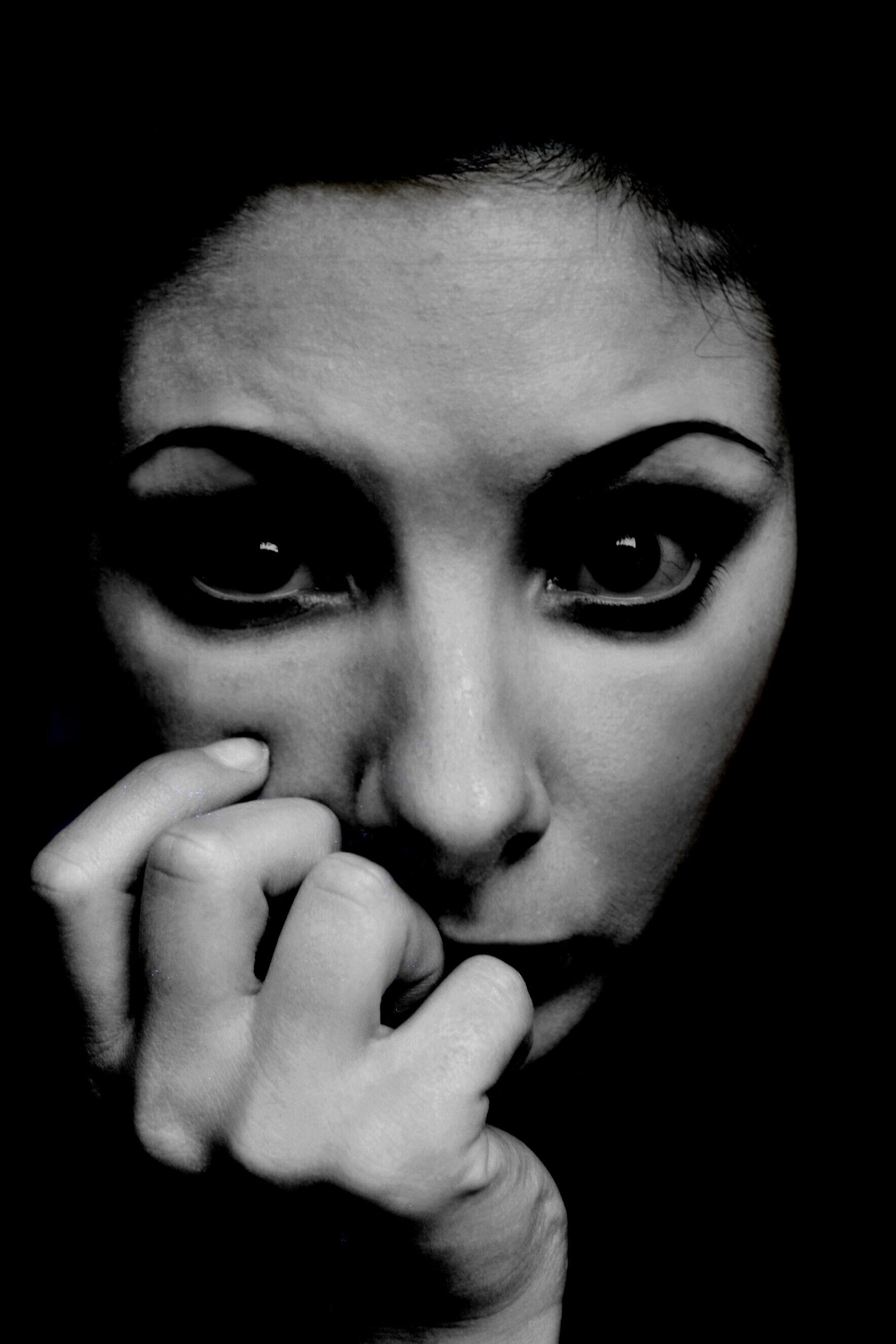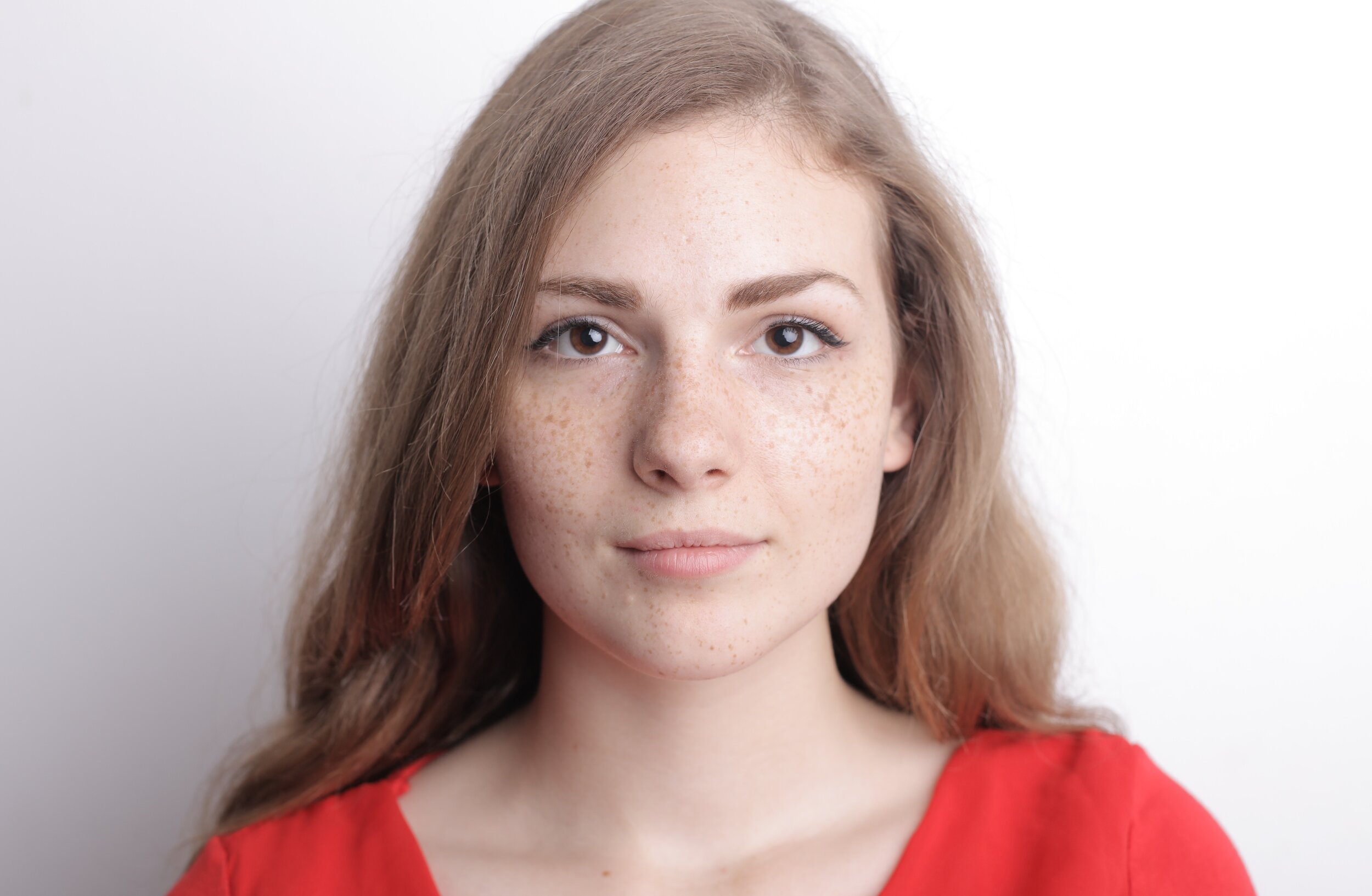Now Pay Attention! It's Important.
OK, so now I have your attention, let me make sure I don’t let you down - because I really do believe that the power of our attention is central to both mental health recovery, and personal growth.
For decades in the west, we’ve been curious about meditation and mindfulness, which is great, as they really do improve our mental health. At the same time, I somehow feel we’ve not really seen why these practices are so important. In light of this, let me bring your attention to some important things to keep in mind about, well, your attention.
Why is our attention so important?
My own personal journey through mental health recovery and personal growth has drawn upon a huge variety of tools, techniques, skills, and learning, but mindfulness, meditation, or my attention, has been absolutely central to my development. Why?
Well, we can’t change what we don’t know!
Improving our ability to pay attention to what’s going on is vital to bringing about personal change. Without it, we’re like a blindfolded person in a boat rowing with just one oar - we just go round in circles, and we don’t even know it!
This is what some people talk about when they speak of conscious and unconscious behaviour. Unconscious behaviours are things we do that we’re no longer aware of or paying attention to. This can be anything from performing your morning routine, that cigarette you didn’t even notice you had, or the emotional outburst you have without seeing it coming. It “just happens”.
Conscious behaviours are different. Conscious behaviours are acts we consciously choose to do, or are aware we are about to do, in the moment. Conscious behaviours are usually new, or non-routine actions, like when you first start going to the gym - you have to decide to go every time you go until it becomes a routine. They can also be habitual behaviours that we are breaking. For example, I might become more conscious of being about to go on Twitter after I decide to reduce my use. Every time I’m about to go online I now notice, “oh, do I really want to do what I’m about to do?” That’s conscious awareness. We’re bringing new attention to an old routine.
Attention increases the probability of change.
Paying attention is central to changing our habits and routines, because we can’t change what we don’t see, and, new routines require conscious, attentive choices, and no longer useful habits require attention to break.
What we pay attention to is important.
So, paying attention is important, but, what exactly are we supposed to pay attention to?
Our experience is a whole collection of stimuli, such as our internal thoughts, feelings, or sensations, or external things like sights, sounds, smells, tastes, or touches. Which one should we pay attention to?
Well, here, it’s all about balance. Lots of distress can be caused when we fixate on a particular object of attention.
For example, some people struggle with what is known as Generalised Anxiety Disorder (GAD), or chronic worry. Part of this distressing mental state usually involves an unconscious fixation on thoughts, especially negative thoughts about the past (“what if they all thought I am an idiot?!”) or future (“what if I totally screw up the interview?”). This is a double-layered source of distress, from the content of the thoughts themselves, and the degree of attention placed upon them. You see, the thoughts themselves are of course distressing, but, the fact that the person fixates on them, pays so much attention to them, often to the point of losing touch with their external environment, or “zoning out”, is also part of the problem.
Raising awareness of this pattern, and then, changing not the thoughts but the focus, to external sights and sounds, for example, can bring about a huge reduction in the person’s distress. This relief comes without ever having to tackle the truth or falsity of the thoughts themselves. The thoughts simply become less central to the person’s experience. The thoughts become less “significant”, because the level of attention given to them has reduced.
Similarly, if for whatever reason we’re trying to avoid paying attention to a particular part of our experience, like thoughts or feelings, this can cause lots of added tension and distress, as we get caught in the pink elephant paradox - trying to not think about something increases the chances of thinking about it! Staying with generalised anxiety for now, often the person starts to try to avoid their thoughts, out of a fear of the distress that comes from them. However, they quickly realise how difficult this is. Trying to avoid thoughts often multiplies them three or four-fold. That, or an incredible amount of effort is needed to suppress them, which is exhausting.
Trying to avoid paying attention to any part of our experience is doomed. It needs to be an inclusive process, not subtractive.
Of course, getting the balance right, on what we pay attention to, and how much, is a life-long journey. Some need to pay more attention to their feelings, others sensations, others external stimuli.
The first step to finding this balance is to pay attention to what we are, or are not, paying attention to! Then, find balance:
Still, we’re not done yet. Even if we become more balanced in what we pay attention to, we still need to look at how we are paying attention to things, because this too can create or reduce distress, depending on the tone of our mindfulness.
How we pay attention is important
How we are paying attention is often at the heart of whether our mental health is improving or deteriorating.
Imagine a child playing happily on the living room floor of their warm, cosy home. They’re absentmindedly enjoying their toys, in a world of their own. Then, they turn around to check that their mom or dad is still there. When they do, they see their parent looking back, concerned. The parent’s face looks tense, worried.
What’s going to happen to the child in this scenario? How might the concerned look affect the child’s feelings or actions?
Compare this to the child that turns around to see the parent looking back, smiling warmly, calmly, lovingly.
Which child will go back to playing happily? Which child might approach the parent, looking for attention, or looking to comfort the parent? Which child might freeze, or even cry, distressed?
A key to how we pay attention is in this example of the child. The child was paying attention to the here and now, the parent to a possible bad future. The child was paying a particular type of attention to the here and now, a curious, playful, open attention: what does this ball feel like? what does this button do if I push it? what happens if I put this shape in that hole? The concerned parent’s attention is different: less curious, more fear-based. Less experimental, more controlling. Less open, more resistant. And the controlling, resistant, fear-based attention, well, it causes distress for the parent. And it upsets the child.
This goes for ourselves and how we pay attention to parts of our own experience, too. We are both parent and child.
How we pay attention to the world around us, our internal thoughts, feelings and sensations, makes a massive difference to our mental health and feelings of calm, joy, or tension and distress.
Take the person who approaches others with a general openness and curiosity, compared to the person who is withdrawn, defensive, and/or judgemental. Or the person who views their feelings with welcoming kindness and interest, compared to the person who thinks feelings are a sign of weakness and so need to be repressed. Likewise, take the person who calmly, serenely watches their thoughts as if they are a river of mostly irrelevant, inaccurate, random ideas, compared to the person who takes their thoughts very seriously, assumes they are accurate, and so finds some of the ideas they come up with deeply threatening and anxiety provoking. Depending on your approach, different degrees of distress arise.
The tone we are trying to cultivate when paying attention to something is welcoming, kind, curious, and calm.
Again, like balancing out what we pay attention to, cultivating this quality of attention can take a life-time to learn and perfect.
But, it’s worth it!
To Summarise:
Our attention is important to our mental health.
What we pay attention to, and how much, including what we try to avoid paying attention to, impacts our well-being. Balance is key.
The quality of our attention also has an impact. Cultivating an open, loving quality of attention is best for our mental health.
If you’d like to try a few techniques that can help improve your attention, I will soon be writing a companion article on Three Techniques to Change the Way You Pay Attention, including:
How to build your attention.
How to change what you pay attention to particular areas of your experience.
How to soften the way you pay attention.
It’s you’d like to be kept up to date on when I post this article, please feel free to sign up to my blog newsletter using the form below:
If you think others might find this article useful, or if you want to follow me on social media, feel free to use the links below:
Instagram: @HeroicJourneys
Facebook: John Bristol Therapy Page & Heroic Journeys
Twitter: @McGuirk_John






